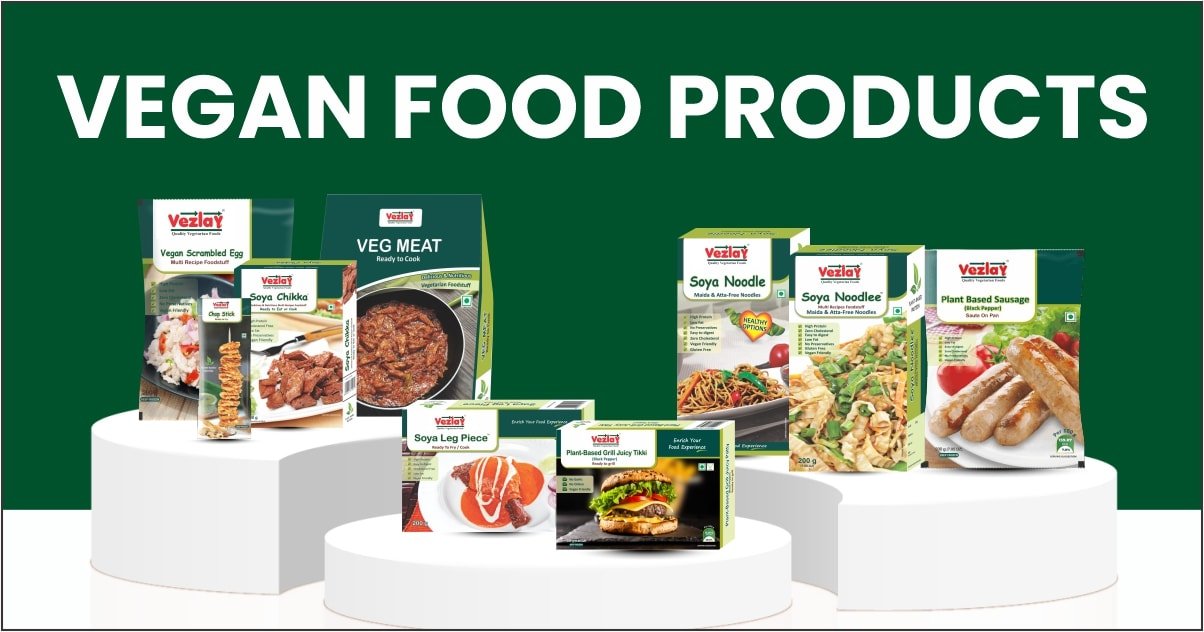Introduction
As global trade policies and tariffs continue to evolve, food businesses are increasingly turning to local food sourcing as a strategic advantage. With supply chain disruptions and increasing tariffs on imported goods, sourcing food locally has become a more attractive option for many brands. This shift is not only helping businesses avoid the complexities of international trade but also enabling them to create more sustainable, efficient, and cost-effective solutions in their food packaging and production processes. In this post, we’ll explore why local food sourcing has become a winning strategy in a tariff-focused economy and how it can benefit your business.
The Impact of Tariffs on Food Sourcing and Packaging
Tariffs, taxes imposed on imported goods, have a significant impact on the cost of materials and products across various industries. In the food sector, these additional costs can drastically affect the price of ingredients, packaging materials, and finished products. When tariffs are imposed on international goods, businesses often face higher production costs, which in turn impact their profit margins and pricing strategy.
For food brands, co-packing food services that rely on imported ingredients or packaging materials might find themselves struggling to maintain profitability. Instead of absorbing the rising costs of international trade, many companies are exploring local food packaging and food sourcing as a way to bypass these financial hurdles. By sourcing ingredients and packaging locally, businesses can mitigate the financial strain caused by tariffs while supporting regional economies and reducing their environmental footprint.
How Local Sourcing Benefits Food Businesses
- Cost Reduction
One of the most immediate benefits of local food sourcing is the potential for significant cost savings. When food brands source locally, they can avoid the tariffs associated with importing ingredients and packaging materials. Custom food packaging sourced locally also eliminates the additional shipping and handling costs associated with international trade. For instance, using custom food pouch packaging that is manufactured locally can help reduce overall production costs, making your products more competitive in the market.
- Faster Turnaround Times
Local sourcing can also streamline the supply chain, resulting in faster delivery times for ingredients and packaging materials. With fewer intermediaries and less transportation involved, businesses can reduce lead times and increase their overall efficiency. For example, partnering with meal kit providers that source ingredients locally allows businesses to deliver fresh products more quickly to their customers, improving customer satisfaction and retention.
- Sustainability and Eco-Friendly Packaging
Consumers are becoming increasingly aware of the environmental impact of their purchases. Sourcing food and packaging locally can significantly reduce the carbon footprint associated with food production and distribution. In addition, local sourcing offers the opportunity to choose sustainable food packaging solutions that are in line with consumer expectations for eco-friendly practices.
By using local food packaging, food businesses can further demonstrate their commitment to sustainability. This could involve working with companies that offer eco-friendly food packaging options, such as compostable or recyclable materials. For example, opting for locally made, custom food pouch packaging that is recyclable or biodegradable helps to build a positive brand image and appeal to eco-conscious consumers.
- Reduced Dependency on Global Supply Chains
In a tariff-focused economy, relying on international suppliers can expose businesses to risks such as fluctuating tariffs, customs delays, and unpredictable geopolitical events. By sourcing ingredients and packaging locally, food brands can reduce their dependence on unstable global supply chains. This ensures a more stable production environment, enabling businesses to plan and scale with greater confidence.
- Supporting Local Economies
Local sourcing can also be a powerful tool for supporting regional economies. By working with local suppliers and co-packers, businesses can help create jobs and contribute to the growth of their community. This not only strengthens the economy but also aligns with consumers’ increasing preference for businesses that invest in their local communities.
How to Make Local Food Sourcing Work for Your Business
Making the shift to local food sourcing and custom food packaging solutions may seem challenging at first, but with the right approach, it can lead to long-term benefits for your brand. Here are some tips for making local sourcing work:
- Partner with Local Co-Packers
Partnering with a reliable local co-packing food company is crucial. Local co-packers often have extensive knowledge of regional suppliers and can help streamline the production process. They can also offer custom packaging solutions tailored to your specific needs, whether it’s for meal kit solutions or bulk food packaging. - Choose Eco-Friendly Packaging
Consumers are increasingly interested in sustainable products, so opting for eco-friendly packaging is a great way to differentiate your brand. Choose food packaging solutions that prioritize sustainability, such as recyclable materials or biodegradable pouches. Many local food packaging companies specialize in sustainable packaging options, allowing you to meet consumer demand while supporting eco-friendly practices. - Work with Local Farmers and Suppliers
When sourcing ingredients locally, it’s essential to build strong relationships with regional farmers and suppliers. By working with local producers, you not only ensure fresher ingredients but also support the agricultural industry in your community. This can help foster a sense of connection with your customers, who may appreciate the effort you put into sourcing quality, local ingredients. - Evaluate Packaging Efficiency
Incorporating custom food pouch packaging or other locally sourced packaging materials can help reduce waste and improve packaging efficiency. Evaluate your current packaging processes and identify opportunities to streamline or optimize for cost savings and environmental impact. - Market Your Local Sourcing Practices
Once you make the shift to local sourcing, don’t forget to share your story with your customers. Highlight the benefits of sourcing ingredients and packaging locally in your marketing materials and on your website. This transparency will help build trust with your audience and attract consumers who are committed to supporting local businesses.
Conclusion
In a tariff-focused economy, local food sourcing provides a valuable strategy for food businesses looking to reduce costs, improve sustainability, and strengthen their supply chain. By sourcing ingredients and packaging locally, businesses can bypass tariff-related challenges, streamline production, and reduce their environmental impact. Whether you’re a meal kit provider or a large-scale food manufacturer, the benefits of local food sourcing and custom food packaging solutions are clear. As the food industry continues to evolve, embracing local sourcing may be the key to staying competitive and sustainable in an increasingly unpredictable world.
















Leave a Reply